
Muslim Energy Together
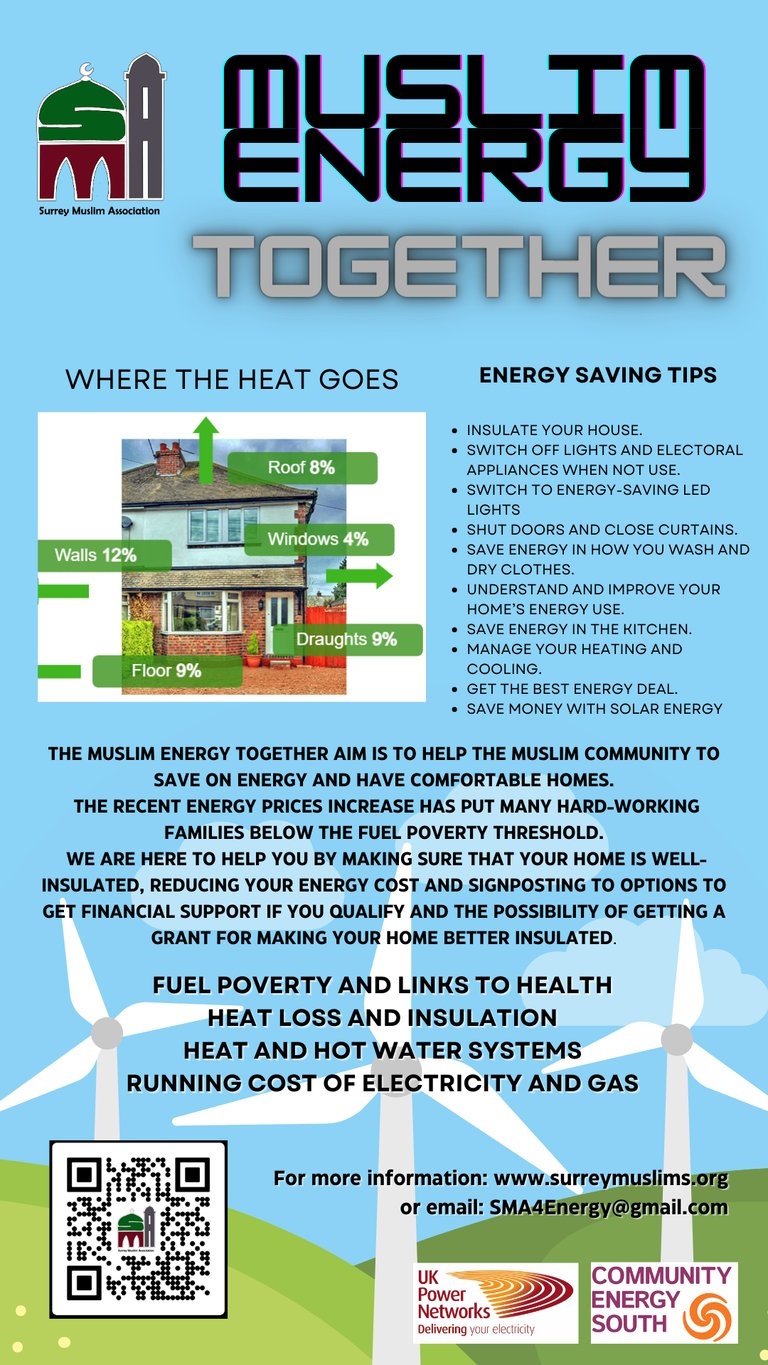

The Muslim Energy Together aim is to help the Muslim Community to save on energy and have comfortable homes.
The recent energy prices increase has put many hard-working families below the Fuel Poverty threshold.
We are here to help you by making sure that your home is well-insulated, reducing your energy cost and signposting to options to get financial support if you qualify and the possibility of getting a grant for making your home better insulated
Energy Saving Tips
1. Switch off lights and electrical appliances when not using them
To save the most energy, switch off the power point rather than leave appliances on standby.
Turn off your heater, cooling units and appliances when you go to bed or leave the house.
Switch off your computer and equipment such as printers or Wi-Fi routers overnight or when you're away. Most computers have energy-saving settings that will turn the computer and screen off


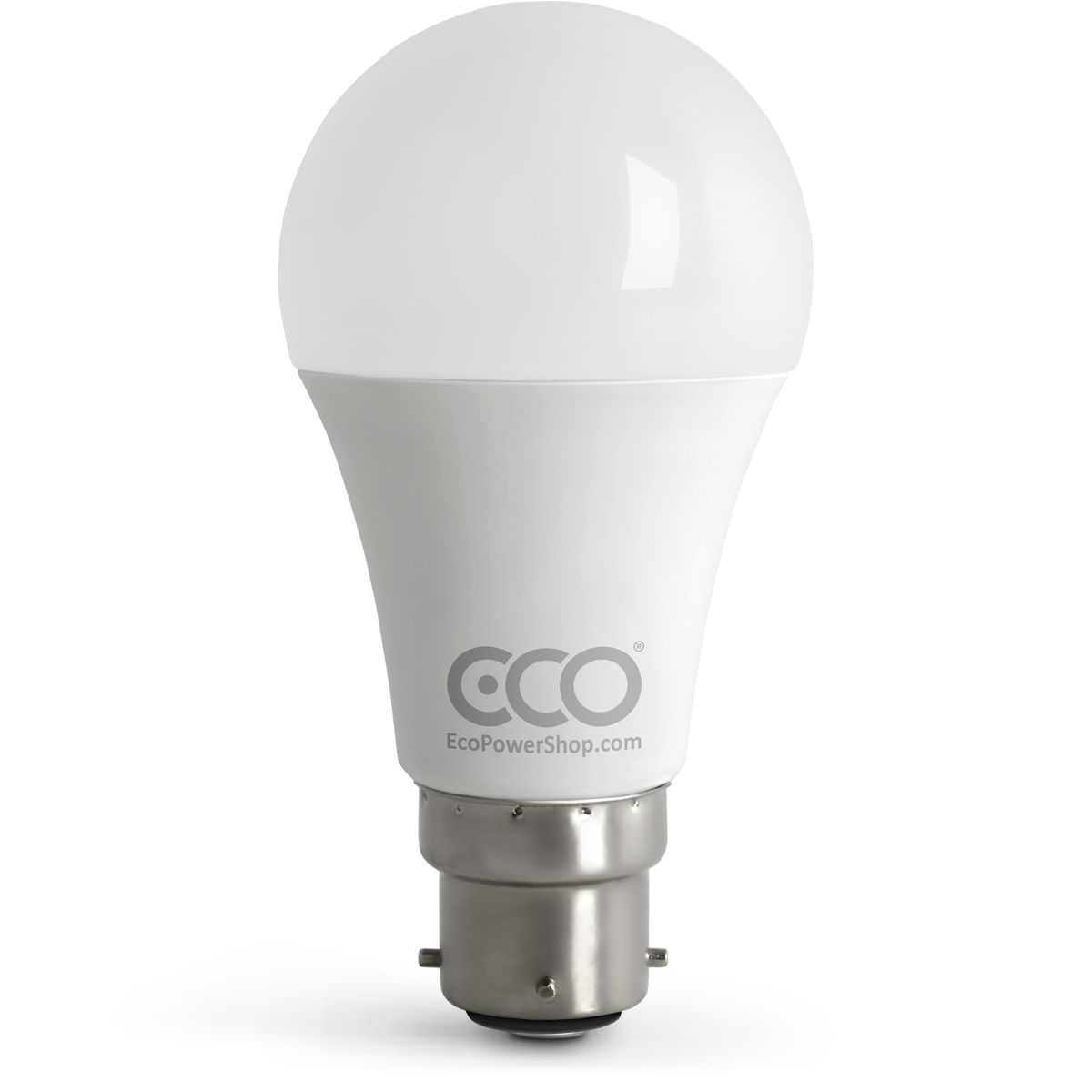

2. Switch to energy-saving LED light globes
Energy-efficient globes could save up to 80% off your lighting costs. This is because LED bulbs use less power and last longer. That means you spend less money and time replacing them.after a period of inactivity.

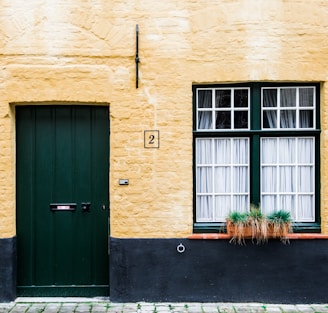
3. Shut doors and close curtains
Shut doors to areas you're not using, and only cool or heat the rooms where you spend the most time.
In cooler months, make sure your curtains or blinds seal your windows properly.
Stop cool air leaking out by blocking draughts around doors and windows.
In warmer months, keep your curtains closed during the day.
External blinds or canvas awnings will also help keep your house cooler.
4. Save energy in how you wash and dry clothes
Wait until your machine is full before starting a washing cycle.
Washing clothes in cold water can save around $115 per year.
You can also save by selecting the shortest appropriate washing cycle.
Clothes dryers use lots of energy. Hang clothes outside to dry or use a fan to help dry them indoors.
5. Understand and improve your home's energy use
Whether selling or renovating, renting or just worried about high energy bills, a home energy assessment can help you save energy and money on bills by identifying your home's features that contribute to high energy bills and the improvements you can make.

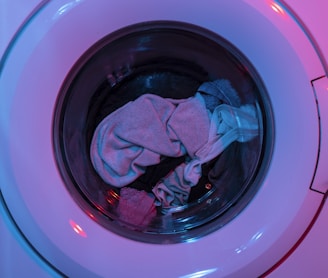

6. Save energy in the kitchen
Fridge
Your fridge runs 24/7 and is one of your most expensive appliances.
The ideal fridge temperature for your freezer is 4 or 5 degrees Celsius and -15 to -18 degrees.
Ensure the fridge door seal is tight and that no gaps or cracks let cold air escape.
If you have a second fridge or freezer, only turn it on when needed.
Cooking
Put frozen food in your fridge in the morning to thaw out and reduce cooking time in the evening.
When cooking, use the microwave when you can. Microwaves use much less energy than an electric oven.
Using a stove, keep lids on pots to reduce cooking time.
Plan to cook more and have leftover meals for the next day or the whole week. Keep leftover meals in the freezer
Dishwasher
Use the economy cycle on your dishwasher, and only run it when it's full.
7. Manage your heating and cooling
Every degree above 20 degrees can add 10% to your heating bill. In winter, heating can account for over 30% of your bill.
In winter, set your thermostat to between 18 and 20 degrees. In summer, set your thermostat to 26 degrees or above.
Some ducted systems allow you to turn off the heating or cooling to unoccupied rooms.
Save money by switching to more energy-efficient heating.
If you have gas heating and a modern reverse cycle air-conditioner, try using your reverse cycle system in heating mode. This will reduce your winter bills and improve heating efficiency.

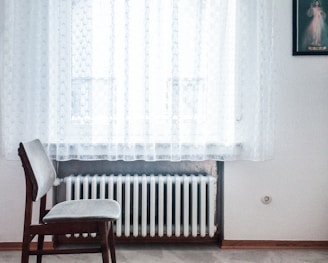

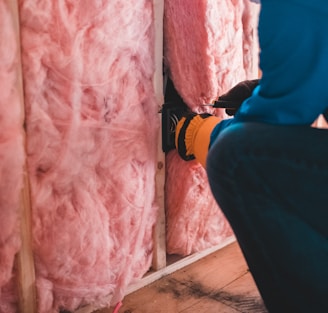
8. Get the best energy deal
One of the easiest ways to reduce energy costs is to compare energy offers.
9. Insulate your house
Cavity wall insulation.
Solid wall insulation
Floor insulation.
Roof and loft insulation.
Draught-proofing.
Windows and doors.
Insulating tanks, pipes and radiators.
For more information visit the Energy Saving Trust website
